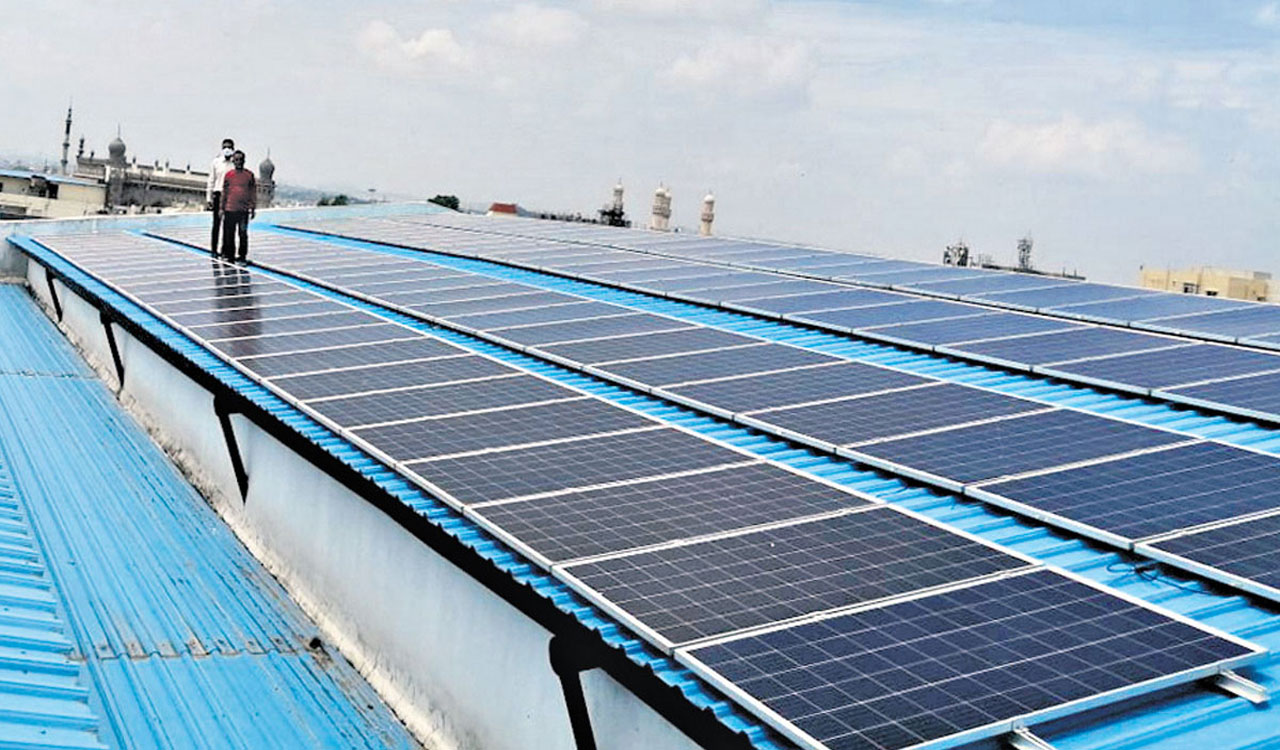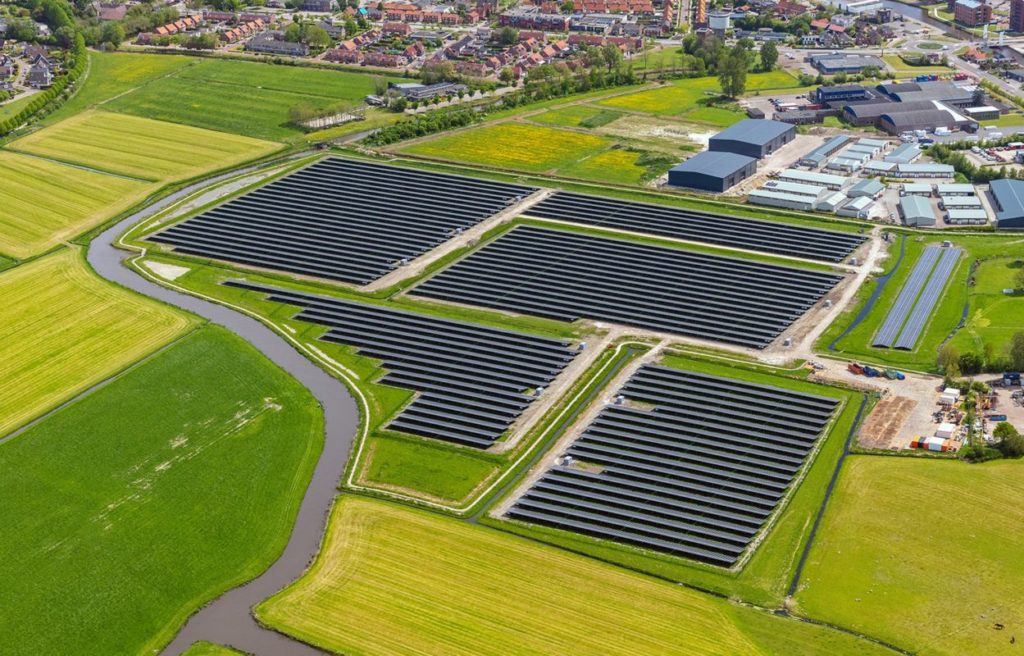Challenges in Implementing Rooftop Solar Installations
The Indian government’s ambitious mission to install rooftop solar plants in 10 million households faces significant hurdles in Telangana. The Domestic Content Requirement (DCR) policy is reportedly increasing renewable energy equipment costs, deterring many from switching to solar energy.
Impact of the DCR Policy on Solar Energy Costs
The DCR policy mandates that solar PV modules, including solar cells and panels, be manufactured within India. This policy, introduced by the Ministry of New and Renewable Energy (MNRE), aims to promote local manufacturing under the “Make in India” initiative. However, experts argue that this requirement raises the cost of renewable energy equipment and, consequently, the cost of solar energy.
According to Telangana Solar Energy Association President B. Ashok Kumar Goud, domestic producers are still unable to meet market demand despite policy initiatives encouraging growth. This results in higher costs for renewable energy generation.
Subsidy Scheme and High Installation Costs
The “PM Surya Ghar Muft Bijli Yojana” scheme plans to subsidize rooftop solar installations for nearly 10 million households across India, involving an estimated subsidy of Rs. 75,000 crore. Only domestic manufacturers on the Approved Models and Manufacturers list can supply solar equipment for the scheme. The scheme offers a 60% subsidy for systems up to 2 kW and 40% for systems between 2 to 3 kW, with a subsidy cap at 3 kW capacity.
At current benchmark prices, the subsidy translates to Rs. 30,000 for a 1 kW system, Rs. 60,000 for a 2 kW system, and Rs. 78,000 for a 3 kW system or higher. Despite keen interest from the public, the uptake of rooftop solar systems remains low due to high installation costs—approximately Rs. 2 lakh for a 3 kW system and Rs. 5 lakh or more for a 6 kW system.
Bureaucratic Delays and Discoms’ Attitude
Ashok Kumar Goud highlights that delays in uploading applications on the national portal and issuing technical feasibility approvals by Discoms contribute to the slow adoption of rooftop solar systems. Many residents complain about the Discom officials’ attitude, as it often takes months to clear an application. This discourages people from shifting to solar energy.
Although the union Ministry of Power issued a gazette notification removing Discoms’ power to grant technical clearance for capacities up to 10 kWh, the State government has yet to implement this change. This delay in approvals hampers progress.
The Gujarat Electricity Regulatory Commission has already exempted rooftop systems up to 10 kW from requiring a technical feasibility study. Ashok Kumar Goud suggests that the Telangana Electricity Regulatory Commission (TGERC) should adopt a similar exemption to expedite solar rooftop installations.
Call for Change in Discoms’ Approach
Ashok Kumar Goud warns that the solar rooftop program will not progress unless Discom officials change their approach. Streamlining the application process and providing timely approvals are crucial for the success of the solar energy initiative in Telangana. Only then can the state effectively harness solar technology and contribute to the national solar energy market.
Source:telanganatoday.com





